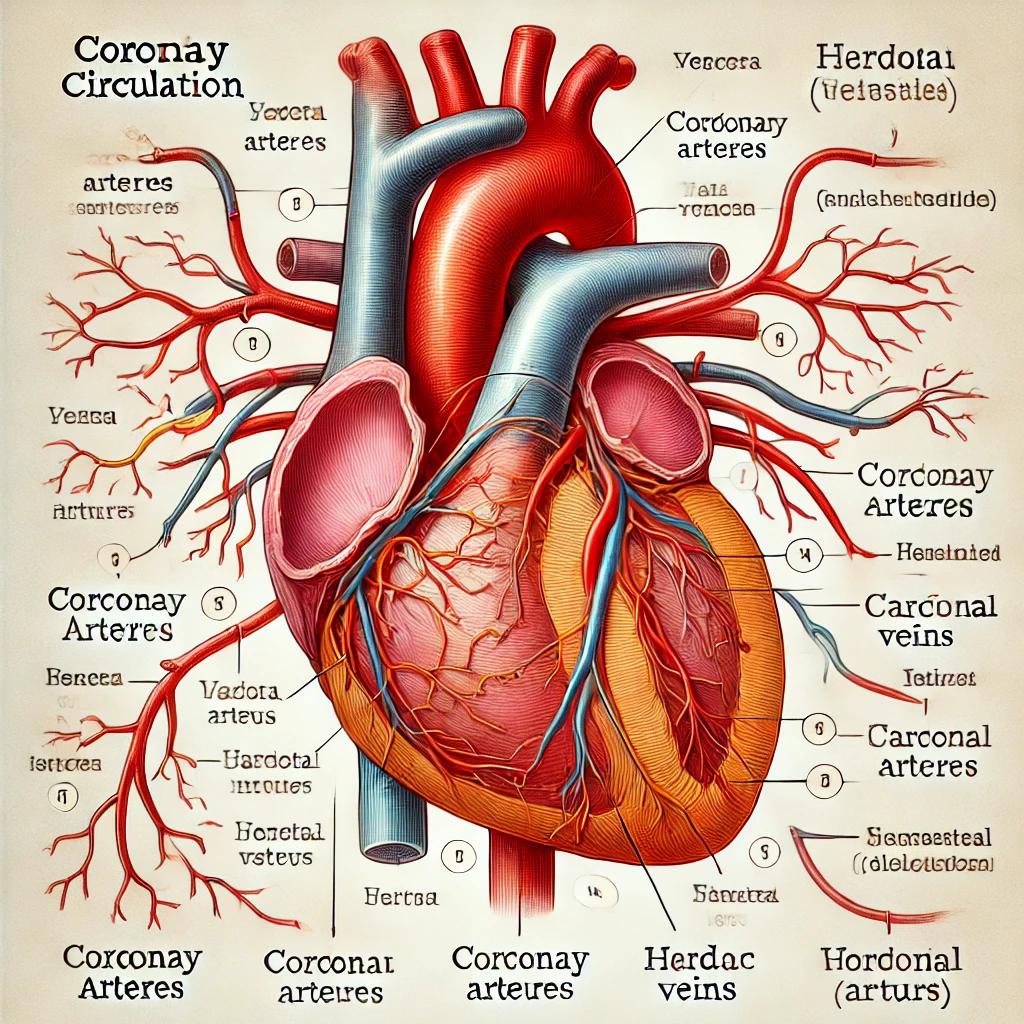Munchausen Syndrome: Debunking Common Myths
Like any other mental health disorder, Munchausen Syndrome is often misunderstood and shrouded in a cloud of myths and misconceptions. These misconceptions can lead to stigmatization and create barriers to treatment. Let’s look at some of these misconceptions and clarify their reality.
- Myth: Munchausen Syndrome is all about attention-seeking
Many people mistakenly believe that Munchausen Syndrome is merely about attention seeking. However, this is a gross oversimplification. While it’s true that people with this disorder often seem to seek attention, the reality is far more complex. Munchausen Syndrome is a severe psychiatric disorder where the need to be seen as ill or injured goes beyond mere attention-seeking. It’s more about a deep-seated need for care, sympathy, and reassurance, which, for various reasons, the person is unable to seek or receive in more appropriate ways. - Myth: People with Munchausen Syndrome are just faking it
It’s essential to understand that Munchausen Syndrome is a genuine psychiatric condition. While people with this disorder do fabricate symptoms or illnesses, they are not ‘faking’ their mental disorder. The distress they experience is real, and they have a compulsion to portray themselves as sick, which they can’t control without proper treatment. - Myth: Munchausen Syndrome is a rare condition
Munchausen Syndrome is considered rare, but it’s likely more common than we think. This disorder’s secretive and deceptive nature makes it difficult to estimate its prevalence accurately. Also, those affected often seek treatment at different healthcare facilities, further complicating the tracking of cases. - Myth: Munchausen Syndrome only involves physical illnesses
Munchausen Syndrome can involve both physical and mental illnesses. Individuals can fabricate symptoms of virtually any condition, including heart disease, cancer, psychological disorders, etc. They often have extensive medical knowledge and can present a convincing picture of the illness they claim to have. - Myth: Munchausen Syndrome and hypochondria are the same
Munchausen Syndrome and hypochondria (now known as illness anxiety disorder) are not the same. While both involve a preoccupation with health, the key difference is that people with hypochondria truly believe they are sick, while those with Munchausen Syndrome know they are not. People with Munchausen Syndrome intentionally produce or feign symptoms, while hypochondriacs misinterpret normal bodily sensations or minor symptoms as signs of serious illness. - Myth: It’s easy to identify someone with Munchausen Syndrome
Diagnosing Munchausen Syndrome is often very challenging. Individuals with this disorder can be highly manipulative and are usually very familiar with the medical field. They can convincingly mimic a wide range of conditions, making it difficult for healthcare providers to identify the disorder. - Myth: Munchausen Syndrome is the same as Munchausen by proxy
While they share similarities, Munchausen Syndrome and Munchausen, by proxy, are distinct disorders. In Munchausen Syndrome, individuals induce or fabricate symptoms in themselves. In contrast, Munchausen by proxy, involves producing or fabricating symptoms in another person, typically a child under the person’s care. - Myth: People with Munchausen Syndrome don’t want to get better
This belief is a common misconception. Many people with Munchausen Syndrome are deeply unhappy and distressed. Their disorder is a maladaptive way to cope with distress and unmet emotional needs. Many can learn healthier coping strategies and lead fulfilling lives with appropriate treatment. - Myth: Munchausen Syndrome is untreatable
While it’s true that treating Munchausen Syndrome can be challenging, it is not untreatable. Treatment typically involves psychotherapy, with cognitive-behavioral therapy (CBT) often being particularly beneficial. In some cases, medication may also be used to manage co-occurring conditions such as depression or anxiety. - Myth: Munchausen Syndrome only affects individuals with low IQ
No evidence suggests that Munchausen Syndrome is more common in individuals with low IQ. In fact, many people with this condition have average or above-average intelligence. They often have extensive knowledge of medical procedures and terminology, enabling them to mimic various illnesses convincingly.
Breaking these myths and misconceptions is essential in understanding Munchausen Syndrome better, fostering empathy towards those suffering from it, and promoting appropriate and effective treatment strategies. Remember, mental health disorders are not a choice; they deserve the same care and understanding as any physical health issue.
References:
- Mayo Clinic – Munchausen syndrome
- Cleveland Clinic – Factitious Disorder Imposed on Self
- National Health Service – Munchausen’s syndrome
- Medscape – Munchausen Syndrome
- American Journal of Psychiatry – Munchausen syndrome
Other articles:
- Munchausen Syndrome: Definition, Types, Diagnosis, Treatment, and Prevention
- Munchausen Syndrome: A Comprehensive Exploration of Factitious Disorder
- Unveiling the Truth: Debunking Common Myths About Lymphoma
- What is Mental Health: Understanding and Promoting Well-being
- Alport syndrome
“The information provided in this article is for educational purposes only and does not replace professional medical advice. It is always recommended to consult a healthcare provider for any health-related concerns or before starting any new treatment.”




